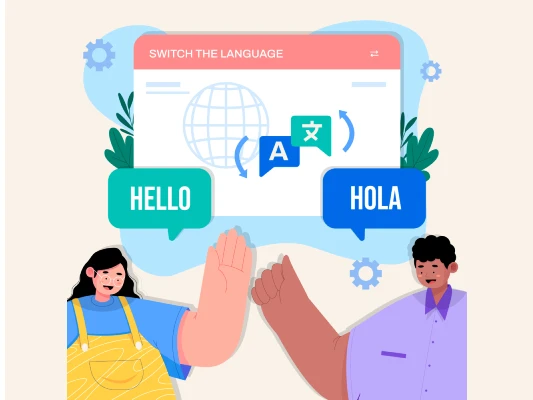
In website translation services, linguistic accuracy and technical precision are paramount. We at Rosetta ensure that your website translation reads like marketing text written by a native speaker, while rendering all the technical details of the source text correctly.
Apart from websites, Rosetta also provides comprehensive services in all areas of technical translation.
For a free instant quote, please contact us at any of our local offices in London, Shanghai, New York, Paris or Luxembourg.
In addition to basic translation of websites into all major languages, Rosetta also offers farther-reaching website localisation services. This can include returning translated material in non-html formats, such as php, jsp, Flash, or javascript, as well as running full simulations of the translated website to guarantee full functionality upon launch.
We can also ensure that your foreign-language website displays correctly. This can present particular challenges for translations into languages with different alphabets (eg. Russian, Thai), character sets (eg. Chinese, Japanese) or right-to-left languages (eg. Arabic, Punjabi).
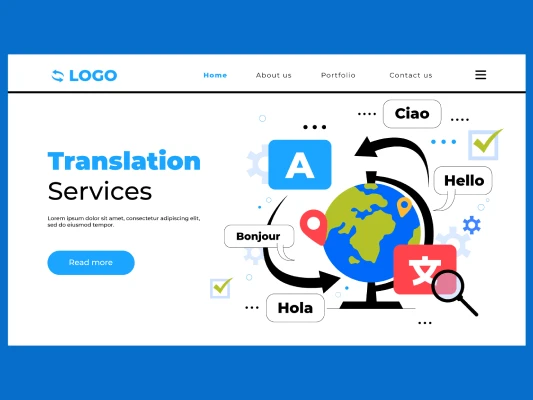

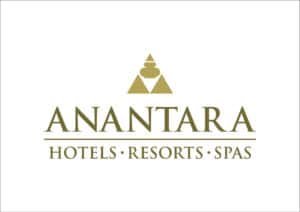


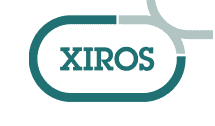
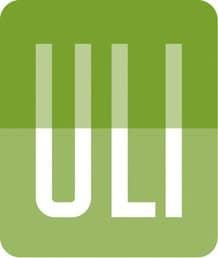
When undertaking website translation, Rosetta draws on its expertise in areas such as legal translation, financial, medical and technical translation, to be able to provide the highest quality and most appropriate translation for the needs of your particular website.
Our project managers always assign translations to a team of translators and proofreaders that have extensive experience in the particular area of expertise. All our linguists are required to have relevant academic qualifications, and have passed Rosetta’s own internal quality assurance process.
In this way, Rosetta guarantees that your website translation will correctly use any industry-specific terminology present on the original site.
In this context, it is also worth mentioning that Rosetta Translation has recently been mentioned in a Huffington Post article relating to website translation and multilingual content strategy in general.
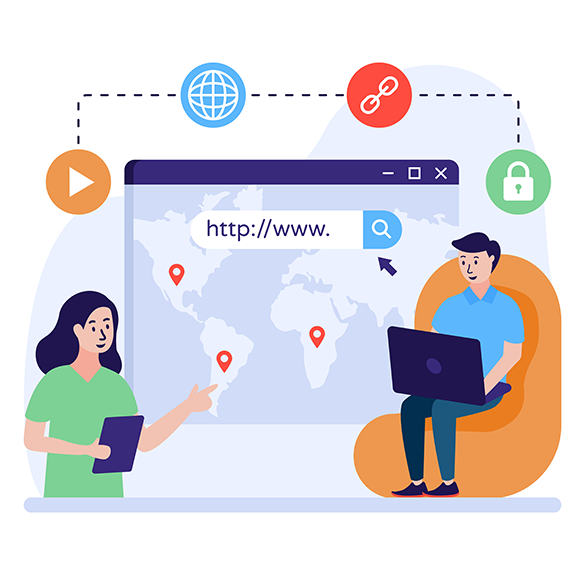

There’s no getting around it, economies all over the globe are intrinsically linked, and as such, the need for each country to communicate with each other has been more important than ever. The Internet, since its rapid growth in the late 80s, has been a platform for commerce and a key mode of marketing and business, and more so now with the use of social media. In order to expand your markets and client base, it is important to have an accessible website that conveys exactly what you need it to, without losing any of your brand identity or fidelity. This is even more so important as e-commerce has seen a veritable boom over the last 30 years. In 2020 alone, 87% of UK internet users had made an online purchase, up from 78% in 2018. You may think that even if your current market is based in one country, you may only need that one domestic language. However, because of globalisation, diversification has increased in several western countries, meaning the most common spoken languages in the UK alone are English, Polish and Punjabi. It would make sense then to offer your website in other languages other than English to ensure you are hitting all potential clients.
Dialects are a key linguistic feature of several languages. Dialects are a particular form of a language which is peculiar to a specific region or social group, so you can get UK English and US English, for example. Deciding on what dialect to use for your website translation is especially important as it will change the impression you make on your readers and potential customers. If you are a company who are trying to move into the UK market from another country, and you do not hail from the United States, you might miss the mark if you choose US English instead of UK English as your preferred target language. We at Rosetta Translation can have a discussion with you to enable you to pin down the most appropriate dialect for your website translation as part of our quoting process.
Machine translation is a great tool that can be used by individuals in a rapidly globalised society. Companies such as Facebook and Google have been pioneers in researching the field, often allowing Facebook statuses or even whole web pages to be translated into another language. However, unfortunately, we are still a long way off of having websites translated with finesse using machines. If you’ve ever used these tools yourself, you’ll know what we mean. Websites are platforms where companies communicate directly to their clients, so tone, style and accuracy is especially important. Machine translation often translates literally; common sayings and idioms will often sound like gobbledygook when translated, meaning that you unfortunately miss the mark when trying to get your idea or product across. That’s the best case scenario, as literal and mis-translations have been known to offend, as it did in Thailand in 2020 (see our Thai language page for more information). That is why the need for skilled, experienced and talented translators is still a necessity today, especially in website translations.
We’ve already discussed why you should translate your website based on which markets you wish to enter, but have you thought of being guided by your own website’s data? There may be a group of potential clients creating hits on your website that are not translating into sales, and you can find out who they are based on your website’s analytics. Have a look – are there any another countries that hits are coming from outside of your domestic market? This could signal that you have a potential client base in these countries, but the language barrier may be a potential speed bump that your visitors cannot overcome. By using Rosetta Translation for your website, you will be able to tap into these markets and ultimately expand your website’s, and therefore brand’s, reach. Contact us for an instant quote today.






What is the UN French Language Day? On 20 March, we once again celebrate UN French Language Day, a global celebration of linguistic diversity and cultural exchange. Created by the United Nations in 2010, this day is to remind us …


© 2025 All Rights Reserved